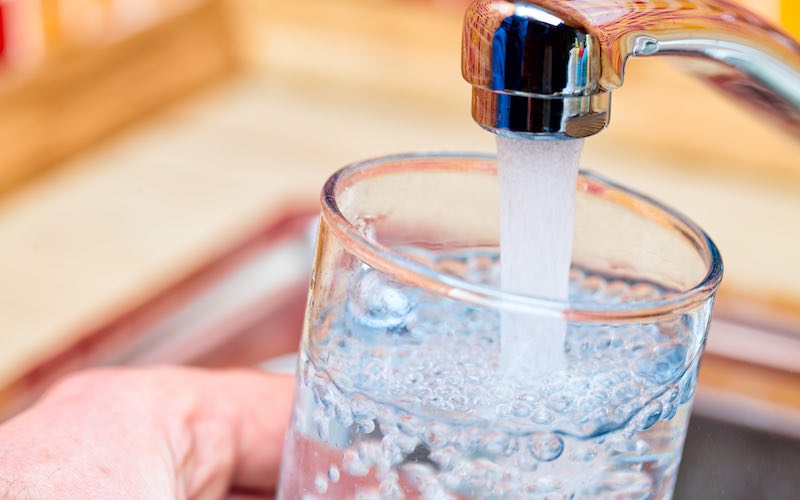
Photo: Dmitry Naumov via Shutterstock
December 13, 2019 (BOSTON, MA) – Conservation Law Foundation, Clean Water Action and Toxics Action Center released the following statements today as the Massachusetts Department of Environmental Protection (DEP) announced a final groundwater enforcement standard of 20 parts per trillion (ppt) for six combined Per- and polyfluoroalkyl substances (PFAS). The groups had petitioned the state to regulate PFAS in drinking water in late 2018, and today’s rules are a direct result of that effort.
“This is great news for public health in the Commonwealth,” said CLF President Brad Campbell. “I applaud Governor Baker for setting protective standards for six of the so-far unregulated toxic PFAS compounds showing up in drinking water systems throughout New England, and for giving Massachusetts cities and towns new resources in his supplemental budget to make local water supplies safe. Families should have confidence in the safety of their drinking water, and the new rules announced today are a major step forward toward completely eliminating all of these forever chemicals from our water supplies and holding polluters responsible for the costs of cleanup.”
The final rule announced today sets a standard of 20 ppt for six PFAS in groundwater. DEP has also proposed new drinking water thresholds of 20 ppt for the same six combined PFAS. The Massachusetts State House recently passed a supplemental budget for $10.6 mil for PFAS drinking water remediation in anticipation of these new rules as well.
“We hope the state and our communities will move quickly to take contaminated wells offline,” said Maureo Fernandez y Mora, Massachusetts drinking water advocate. “Equally important is holding companies like DuPont and 3M, that have profited off of PFAS for decades, responsible for paying the price.”
“No one should have to worry about drinking toxic chemicals when they turn on their tap,” said Sylvia Broude of Toxics Action Center a Boston-based organization that works with community groups fighting PFAS contamination in their communities across the country and a petitioner for stronger PFAS drinking water standards. “This new standard is a huge step in the right direction, and we are happy to see Massachusetts taking the lead in the absence of federal action.”
Experts are available for further comment.
###
